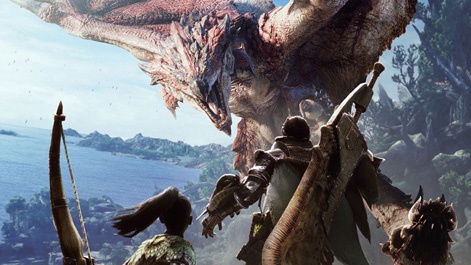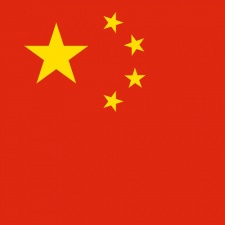One of the slides in my Mobile Games: What Happens Next? talk at Pocket Gamer Connects London 2018 is beginning to look alarmingly prescient.
Considering what factors could impact market growth, either positively or negatively, I ran through the usual gambit of:
- hardware changes,
- HTML5,
- chat games,
- AR/VR,
- blockchain,
- autonomous cars, even.
But now one face stands out.

Not that Chinese president Xi Jinping is likely directly responsible for the shuttering of new game releases in China in recent months. But the increasing restrictions in many aspects of Chinese life - on and offline - that have occurred as his personal power has grown in recent years are not coincidental.
Away from games, Chinese citizens are now banned from using VPNs, buying cryptocurrency or livestreaming.
Even if the backlog was immediately sorted, these games couldn’t all be released immediately without saturating the market.
Meanwhile, the government is hard at work creating a national reputation system to rank all of its 1.4 billion population, and its already strong stance when it comes to censoring anything that doesn’t match its view of ‘positive Chinese character’ has been further ratcheted up.
Notably, this has seen a crackdown on soccer players and rappers with tattoos, to a tougher view taken on usual suspects such as any content containing violence and abnormal sexual behaviour. And that’s before we get onto Winnie the Pooh...
Transitional chaos
But back to games. The first big shift in terms of Chinese government interest happened in back in 2016 when rules came into force that ensured all new games needed a government approval number to be released, while non-Chinese-developed games need to be published through a Chinese partner.
Run by China's State Administration of Press and Publication, Radio, Film and Television, SAPPRFT came under plenty of criticism both for the length of time it took to get a licence and its seemingly arbitrary rules, especially when it came to the inclusion of English characters.
Yet, although slow, the process seemed to bed down, however, with many larger Chinese companies working around delays and uncertainty by gaining pre-approval for games they planned to release at a later date.
The current problems, which have seen no new games approved since the end of March 2018, has resulted from responsibility for games regulation being moved from SAPPRFT (which has been broken up) to the new State Administration of Radio and Television and the Ministry of Culture and Tourism.
This is the result of further widespread changes to “strengthen the party’s leadership in all areas of work”.

One early casuality has seen the seemingly innocuous Tencent-published Monster Hunter World losing its licence and being banned for as-yet unconfirmed reasons.
Clearly, the game had received its government license from SAPPRFT before 31 March, and was successfully released on the back of one million pre-registrations only for that licence to be cancelled following “a large number of complaints”.
In the worst case scenario, the Chinese game market could drop into single digit growth with implications for the global games market.
Similarly, Tencent has been hamstrung by a lack of a licence for the new versions of PUBG Mobile and Fortnite it hoped to launch to improve monetisation, not to forget a high profile government reprimand received in 2017 because it thought children were playing its Honor of Kings mobile game for too long.
No surprise, Tencent’s share price has dropped 30 percent since its March 2018 peak, wiping over $150 billion off its market cap.
The long wait
So what happens now?
That rather depends on whether you consider the situation the start of tighter restrictions on games and other online content, or just teething problems for the new regulator; that is do you believe this is a conspiracy or a cock-up?
Either way, the process of checking through hundreds of games is a complex one and it appears the transition between regulators has been badly mishandled. When the first game licences are finally handed out, the massive backlog - already thousands of games - will take months to clear.
Even if the backlog was immediately sorted, these games couldn’t all be released immediately without saturating the market, and for some titles, the delay will mean their commercial justification has vanished.
Similarly, there’s now plenty of uncertainty surrounding high profile projects such as Steam’s launch in China, not to forget the ongoing banning of games from South Korea, which has been in place since March 2017.
All of this will have a big impact on the growth rate of the Chinese game market, the world’s largest, in 2018. Already dropping from the high double-digit growth rates of 2015 and 2016, in the worst case scenario, it could even drop into single digits, with further implications for the headline growth rate of the overall games market.
And, remember, this is assuming the current situation is a cock-up.























